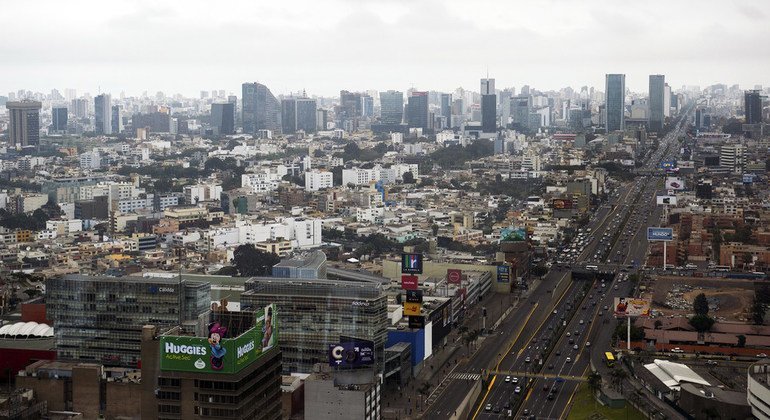On August 13, the President of Peru, Dina Boluarte, made the controversial decision to enact a law granting amnesty to members of the security forces and self-defense committees involved in serious human rights abuses during the internal armed conflict that lasted from 1980 to 2000. This new legislation not only exempts from liability those who have been convicted of crimes related to that conflict and are over 70 years old, but it has also sparked significant international opposition.
The United Nations High Commissioner for Human Rights, Volker Türk, expressed his concern over this regulation, considering it a serious setback in the pursuit of justice for human rights violations that occurred during this period. Türk emphasized that the law violates international standards and represents an affront to the thousands of victims who seek truth, justice, reparations, and guarantees of non-recurrence, rather than impunity. He also warned that the amnesty could affect hundreds of cases, both those already resolved and those pending.
The official also reminded that international laws to which Peru is subject explicitly prohibit amnesties and the statute of limitations for serious violations of human rights and international humanitarian law. During the internal conflict, atrocities such as extrajudicial executions, forced disappearances, torture, and sexual violence were recorded, constituting war crimes that should not go unpunished.
Data from the Truth and Reconciliation Commission indicates that approximately 70,000 people lost their lives in this conflict, with 30% of the deaths attributed to state agents and over 20,000 people reported missing. The National Human Rights Coordinator of Peru has reported that courts have issued judgments in 150 related cases and that more than 600 are still awaiting resolution.
In light of this situation, the UN High Commissioner has urged the repeal of the law, stressing the urgent need to reverse the setback in the pursuit of justice and reconciliation. The amnesty law has found support from the Fuerza Popular party, led by the daughter of former president Alberto Fujimori, who is serving a sentence for human rights violations and corruption. Fujimori, who was imprisoned for twelve years, was pardoned in 2017, although his pardon was later revoked by the Supreme Court. He was finally released in December 2023 by the current government.
via: MiMub in Spanish
